11 Great Stocks to Buy and Hold for the Next Decade

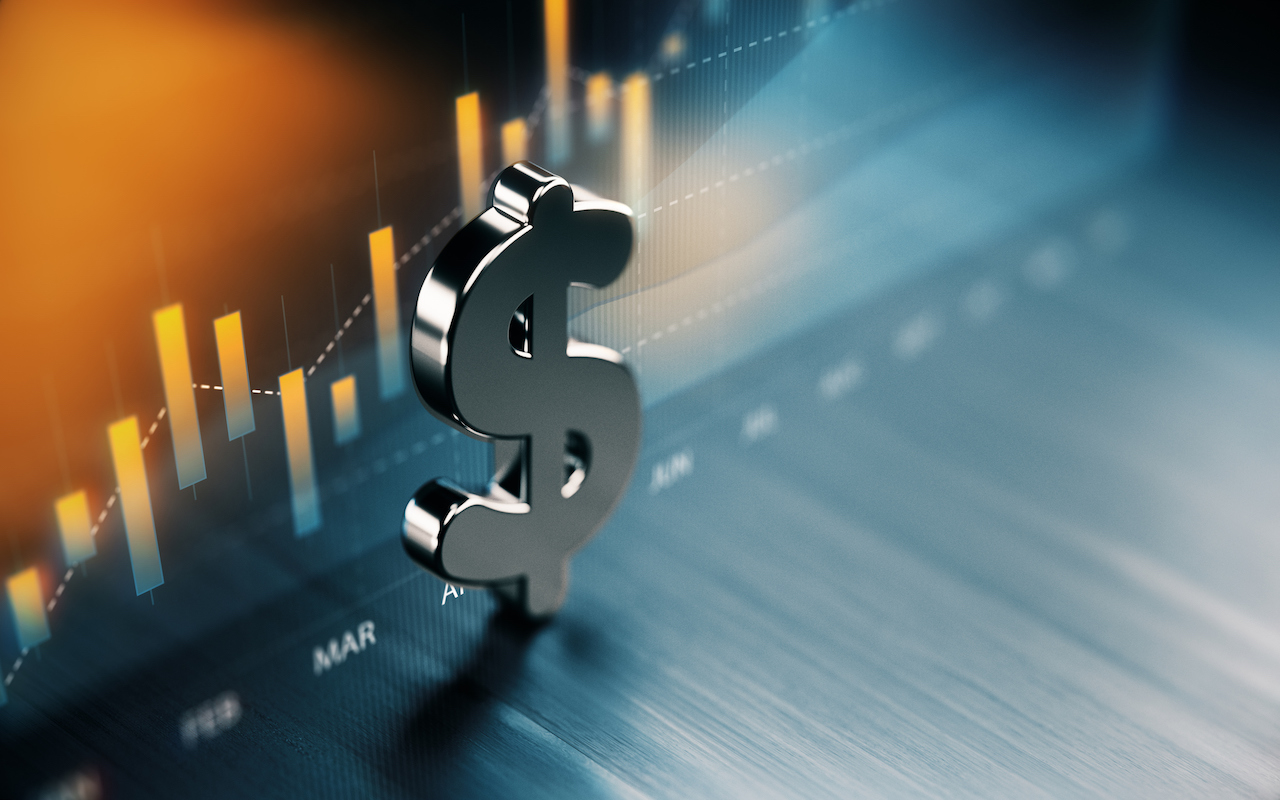
Profit and prosper with the best of Kiplinger's advice on investing, taxes, retirement, personal finance and much more. Delivered daily. Enter your email in the box and click Sign Me Up.
You are now subscribed
Your newsletter sign-up was successful
Want to add more newsletters?

Delivered daily
Kiplinger Today
Profit and prosper with the best of Kiplinger's advice on investing, taxes, retirement, personal finance and much more delivered daily. Smart money moves start here.

Sent five days a week
Kiplinger A Step Ahead
Get practical help to make better financial decisions in your everyday life, from spending to savings on top deals.

Delivered daily
Kiplinger Closing Bell
Get today's biggest financial and investing headlines delivered to your inbox every day the U.S. stock market is open.

Sent twice a week
Kiplinger Adviser Intel
Financial pros across the country share best practices and fresh tactics to preserve and grow your wealth.

Delivered weekly
Kiplinger Tax Tips
Trim your federal and state tax bills with practical tax-planning and tax-cutting strategies.

Sent twice a week
Kiplinger Retirement Tips
Your twice-a-week guide to planning and enjoying a financially secure and richly rewarding retirement

Sent bimonthly.
Kiplinger Adviser Angle
Insights for advisers, wealth managers and other financial professionals.

Sent twice a week
Kiplinger Investing Weekly
Your twice-a-week roundup of promising stocks, funds, companies and industries you should consider, ones you should avoid, and why.

Sent weekly for six weeks
Kiplinger Invest for Retirement
Your step-by-step six-part series on how to invest for retirement, from devising a successful strategy to exactly which investments to choose.
Buy-and-hold investing isn’t just about sitting around and collecting dividends.
That’s not to cast any aspersions on dividends. Far from it. Regular and rising payouts are often the key to beating the market over long periods of time. Just have a look at the best stocks in Standard & Poor’s 500-stock index over the past half-century.
But when we’re looking at shorter time frames, such as, say, a single decade, strong and sustainable earnings growth is a critical factor too. Companies with key advantages in growing industries – or that have a long history of adapting to changing times – have a better chance of outperformance in the decade ahead.
It also doesn’t hurt to find yourself in rapidly evolving sectors that continually spawn new ways to drive revenue growth. Think: technology or finance or health care.
That said, boring can be beautiful too.
Data is as of Jan. 22, 2019, unless otherwise noted. Stocks are listed alphabetically. Dividend yields are calculated by annualizing the most recent quarterly payout and dividing by the share price. Analysts’ ratings provided by Zacks Investment Research.
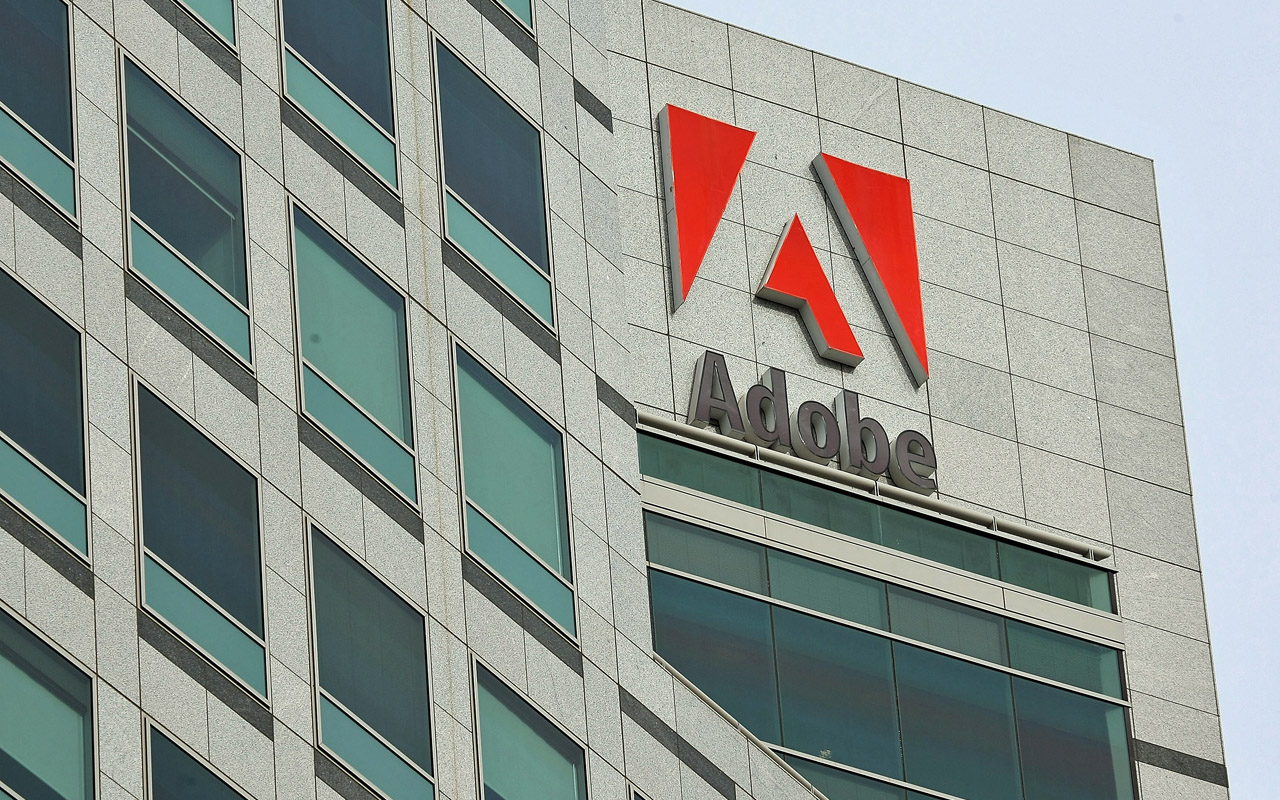
Adobe Systems
- Market value: $119.0 billion
- Dividend yield: N/A
- Analysts’ opinion: 14 strong buy, 1 buy, 8 hold, 0 sell, 0 strong sell
- Adobe Systems (ADBE, $243.85) has always had little competition in its niche of creating software for designers and other creative types. Indeed, the company’s Creative Suite – which includes the likes of Photoshop, Premiere Pro for video editing and Dreamweaver for website design, among others – really has no peer.
The company took a massive step a few years ago when it migrated its vast portfolio of offerings to a cloud-based subscription model. Delivering software via subscription offers a steadier stream of revenue compared to one-off software sales. It also lowers costs. Analysts expect the cloud-based business to drive highly profitable growth for a long time to come.
ADBE stock currently trades at 25 times forward earnings, which sounds pricey until you see that analysts forecast average profit growth of almost 23% a year for the next five years, according to data from Thomson Reuters. Analysts at Credit Suisse, who rate shares at “Outperform” (buy), note that the company’s recent announcement of price hikes on some products “demonstrates Adobe’s ability to drive innovation and price for value, and we note price is just one of the many levers for growth.”

Alphabet
- Market value: $746.6 billion
- Dividend yield: N/A
- Analysts’ opinion: 23 strong buy, 3 buy, 0 hold, 0 sell, 0 strong sell
- Alphabet (GOOGL, $1,078.63), parent of search-engine leader and digital advertising giant Google, is more than a one-trick pony. But even if it had only Google to rely on ... well, what a trick that would be!
Google alone gives the company commanding market share in the still-fast-growing digital ad industry. Indeed, Google is forecast to capture $102.4 billion in global digital ad spending in 2019, according to eMarketer, a market research firm. Facebook (FB), which is No. 2 in market share after Google, is forecast to pull in “only” $67.2 billion.
Alphabet also is home to self-driving car startup Waymo, as well as Nest Labs, a developer of gadgets for the Internet of Things. Farther afield, the company is plowing investments into the next big things. It has artificial intelligence, machine learning and virtual reality in its sights, and it’s already a major player in the fast growing industry of cloud-based services.
Analysts at Canaccord Genuity rate GOOGL at “Buy,” noting that the digital advertising market remains robust. Alphabet’s earnings are expected to rise an an average annual clip of more than 15% for the next five years, according to Thomson Reuters data.
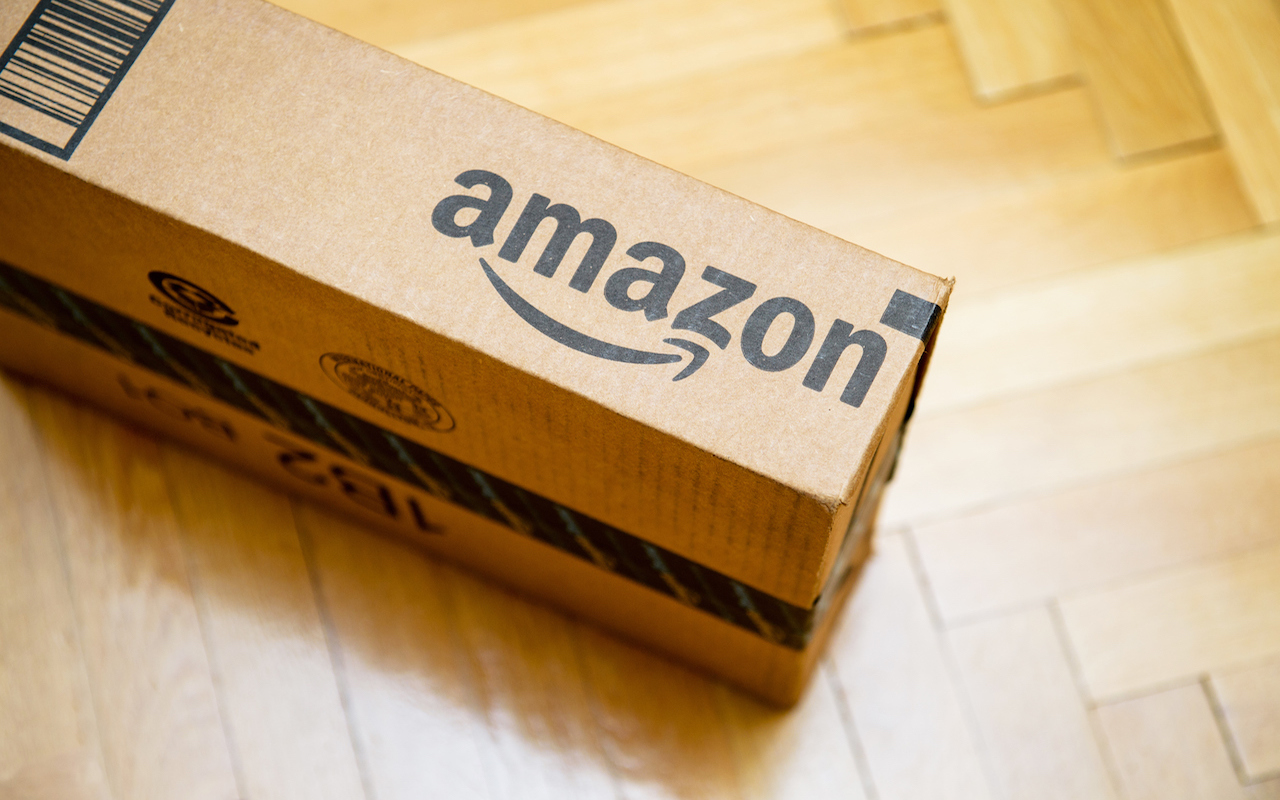
Amazon.com
- Market value: $798.1 billion
- Dividend yield: N/A
- Analysts’ opinion: 24 strong buy, 1 buy, 2 hold, 0 sell, 0 strong sell
There are many reasons to be bullish on Amazon.com (AMZN, $1,632.17) as a long-term holding. It’s the e-commerce leader, chewing up one industry after another, from discount stores to grocers to perhaps even pharmacies one day. The Amazon Web Services (AWS) cloud-computing platform is a juggernaut at a time when the growth of cloud computing – and the coming rollout of next generation 5G wireless networks – could potentially supercharge its growth.
But the core reason to like AMZN long-term is founder Jeff Bezos’ commitment to maintaining long horizons. The chairman and CEO has never managed the business quarter-to-quarter, and AMZN has never been afraid to forego short-term profits to make big, expensive strategic bets. That’s partly why Warren Buffett, chairman and CEO of Berkshire Hathaway (BRK.B), has been effusive in his praise of Bezos.
“We haven’t seen many businessmen like him,” Buffett says of Bezos. “Overwhelmingly, he’s taken things you and I’ve been buying, and he’s figured out a way to make us happier buying those products, either by fast delivery or prices or whatever it may be, and that’s remarkable.”
When the most successful patient investor of all time sings someone’s praises, it’s worth listening to the tune. Analysts expect Amazon’s earnings to rise at an average annual rate of 42% for the next half-decade.
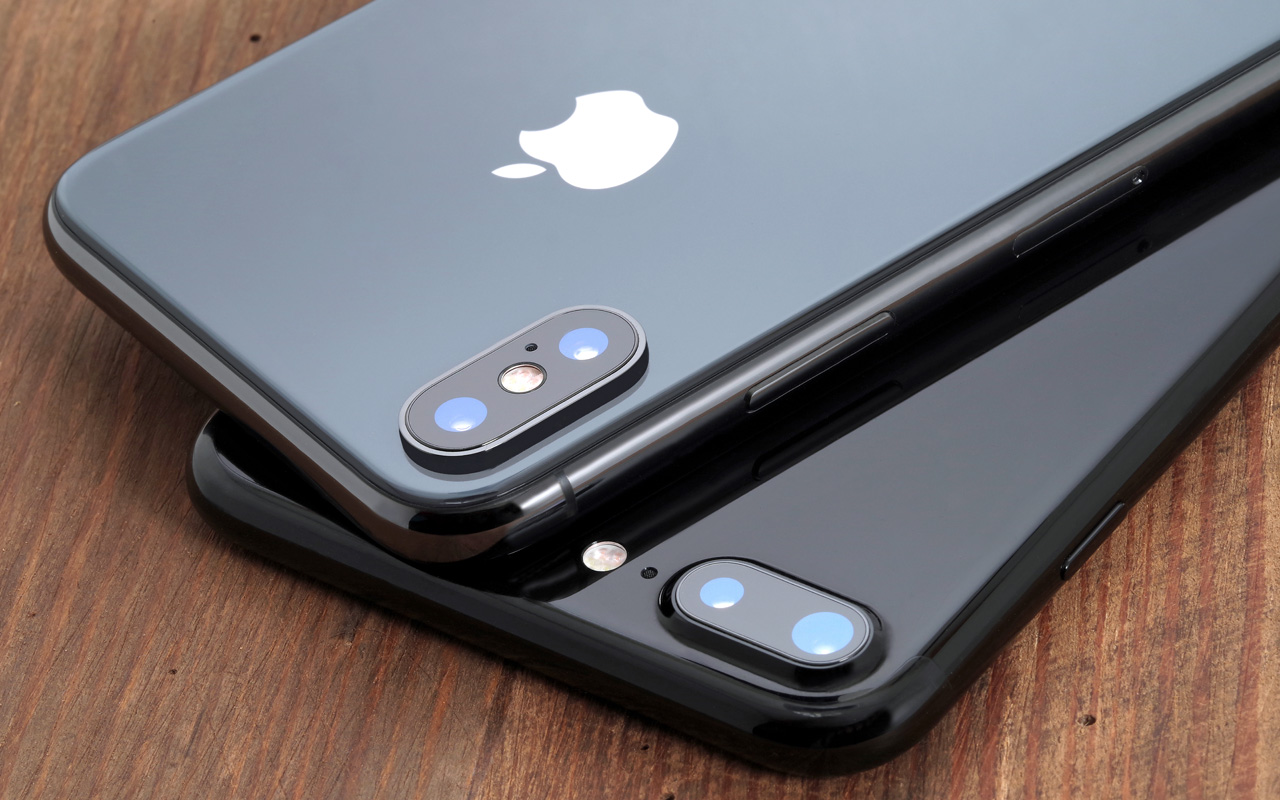
Apple
- Market value: $725.1 billion
- Dividend yield: 1.9%
- Analysts’ opinion: 11 strong buy, 1 buy, 17 hold, 0 sell, 0 strong sell
Not too long ago, Apple (AAPL, $153.30) was making headlines for being the first U.S. company to top $1 trillion in market value. My, how times change – and fast. AAPL stock has lost about a third of its value since topping out in early October 2018, erasing about $275 billion in market value along the way. Investors are terrified that the company’s iPhone growth engine is finally starting to sputter.
But value investors, notably Warren Buffett, know that Apple’s long-term prospects rest on more than just that single shiny gadget. That’s why Buffett’s Berkshire Hathaway has absolutely piled into Apple’s stock over the past few years. Indeed, Berkshire, with its 5.3% stake in Apple, is now the company’s third-largest shareholder.
It’s no secret that Apple wasn’t going to be able to rely on accelerating iPhone sales forever. “Peak iPhone” has been a bearish talking point for years. Rather, what makes Apple attractive for long-term holders is its vast installed user base of loyal super-loyal iPhone customers who use the companies other hardware, and crucially, services.
This dedicated and still growing ecosystem promises to generate steady cash-flow generation far into the future. As Buffett once said to CNBC, he loves the power of Apple’s brand and its ecosystem of products (such as the iPhone and iPad) and services (such as Apple Pay and iTunes). “I do not focus on the sales in the next quarter or the next year,” he said. “I focus on the ... hundreds, hundreds, hundreds millions of people who practically live their lives by (the iPhone).”
AAPL’s stock trades at just 11.5 times expected earnings – despite a long-term earnings growth forecast of 13% a year for the next half-decade. It’s a cash machine. And it pays a fast-rising dividend. That makes it a long-term bargain at current levels.
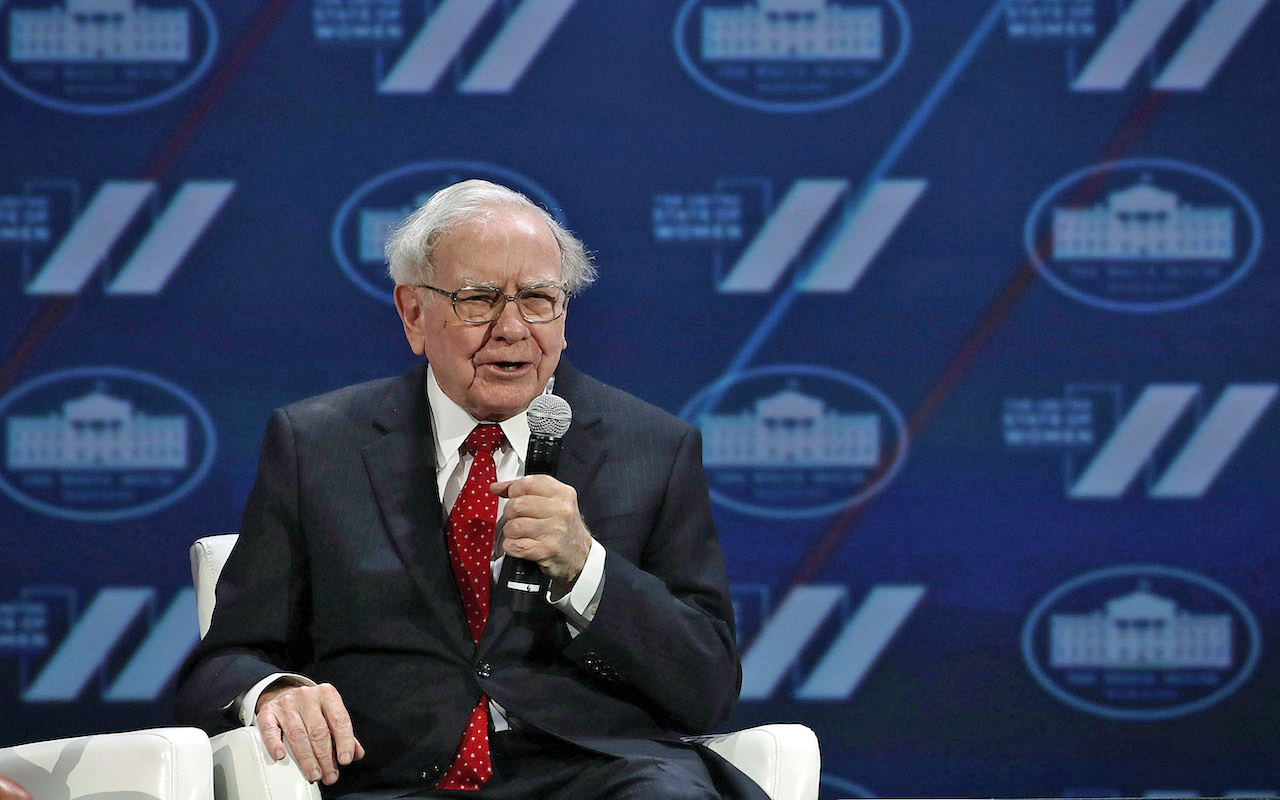
Berkshire Hathaway
- Market value: $494.1 billion
- Dividend yield: N/A
- Analysts’ opinion: 3 strong buy, 0 buy, 1 hold, 0 sell, 0 strong sell
- Berkshire Hathaway (BRK.B, $200.72) and Warren Buffett are synonymous. The greatest value investor of all time has made BRK.B the best stock in Standard & Poor’s 500-stock index of the past 50 years. It also happens to be the 12th best stock of all time. At 88 years of age, it’s reasonable to wonder if Buffett will be around for another decade. (His right-hand man, Charlie Munger, is 95 and still hard at work, so let’s not automatically assume anything.) But even if Buffett is no longer leading Berkshire Hathaway for the next decade, that does not preclude it from maintaining its market-beating ways.For one thing, the Buffett way of doing things is a process, and his hand-picked lieutenants Ted Weschler and Todd Combs appear to be able stewards of Berkshire’s portfolio of stock picks.
It’s also important to remember that Berkshire isn’t just an investment vehicle. It’s a conglomerate with scores of wholly owned subsidiaries run by management teams Buffett trusts as being the best of the best. And whether Buffett buys a company outright or merely takes a position in its stock, his preferred holding period is “forever.”
The bottom line is that Berkshire Hathaway is more than Warren Buffett. It’s a disciplined and rigorous system of deploying capital. As long as Buffett’s successors adhere to his rules, Berkshire Hathaway should continue to generate long-term outperformance.

Boeing
- Market value: $203.2 billion
- Dividend yield: 2.3%
- Analysts’ opinion: 13 strong buy, 1 buy, 2 hold, 0 sell, 0 strong sell
Boeing (BA, $357.90) is the beneficiary of some powerful demographic and industry trends. The International Air Transport Association (IATA) – an industry trade group – expects the number of airline passengers worldwide to double to 8.2 million by 2037. Airlines are going to need a lot of commercial jets to meet all that added demand.
But Boeing is much more than just commercial aviation. The company is a major defense contractor, manufacturing everything from rockets to satellites to military tilt-rotor aircraft like the Osprey.
Commercial aviation, however, is the way Boeing is going to catch a tailwind from the explosive growth in global air travel. After all, it forms half of the duopoly for large commercial airliners. Only Europe’s Airbus competes with it on the same level in making big jets.
Wall Street is optimistic about Boeing’s short-term prospects too. Of the 16 analysts tracked by Zacks Investment Research, 13 says it’s a “Strong Buy,” one calls it a “Buy,” and two have it at “Hold.” Canaccord Genuity, which rates shares at “Hold” on concerns about global growth, says Boeing’s recent decision to increase its dividend and share buyback program sends a “bullish signal on its outlook.”

McDonald’s
- Market value: $142.3 billion
- Dividend yield: 2.6%
- Analysts’ opinion: 13 strong buy, 2 buy, 6 hold, 0 sell, 0 strong sell
- McDonald’s (MCD, $184.57) might be the least sexy, most old-school name on this list, but when it comes to stocks for the long term, history teaches us never to count out the Golden Arches.
Changing consumers taste will always be a risk, but from the Atkins craze of the early 2000s to the current fetish for fresher ingredients, McDonald’s has always managed to maintain its edge. Over the years it has added salads to its menu, rolled out all-day breakfast and now touts never-frozen beef. At the moment, McDonald’s is trying to drive growth through value, via a $1-$2-$3 menu and, more recently, a 2-for-5 mix-and-match menu.
That sort of flexibility, and rising dividends, have been key to its market-beating returns over the long haul. Indeed, MCD has been one of the best stocks in the S&P 500 over the past 50 years. That’s partly because the world’s largest hamburger chain also happens to be a dividend stalwart. McDonald’s payout dates back to 1976 and has gone up every year ever since.
Analysts expect earnings to grow at an average annual rate of 9% over the next five years, according to data from Thomson Reuters. Add in the healthy-and-rising dividend, and long-term investors can expect tasty if not spectacular returns.
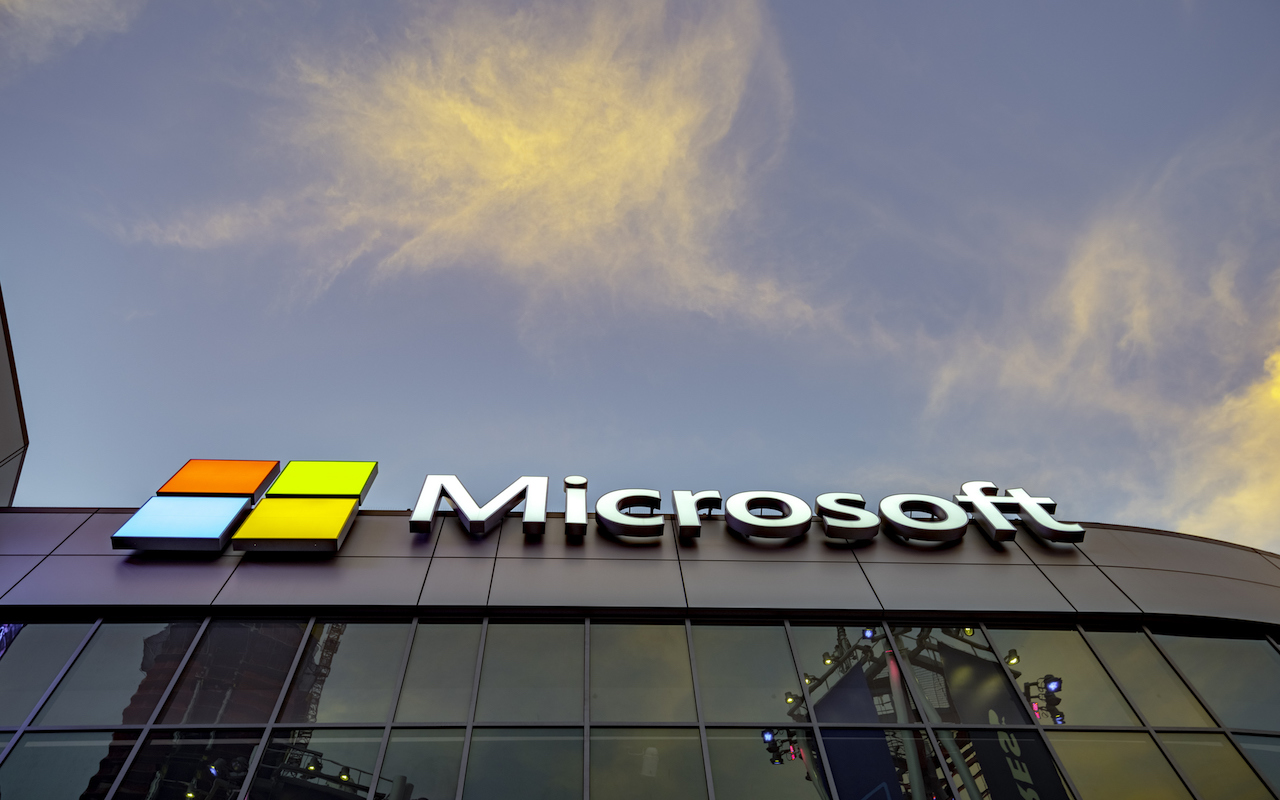
Microsoft
- Market value: $811.4 billion
- Dividend yield: 1.7%
- Analysts’ opinion: 19 strong buy, 0 buy, 1 hold, 1 sell, 0 strong sell
- Microsoft (MSFT, $105.68) is back, baby. The dot-com star of the 1990s spent most of the first decade of the 21st century treading water. PCs sales, a slowly melting iceberg, were bad juju for its core business of selling operating systems and other software for desktop computers.Like so many other tech companies, MSFT pivoted toward cloud-based computing and subscription software services. The rest, as they say, is history. Microsoft’s stock has more than doubled over the past three years. Apple, by way of comparison, is up less than 50% over the same span. Indeed, MSFT has recently vaulted past Apple and other tech giants to become the most valuable publicly traded company in the world.
Past is not necessarily prologue, but Wall Street is wild about the company’s prospects. Software services such as Office 365 and fast-growing Azure continue to deliver growth, notes Canaccord Genuity, which rates shares at “Buy.” The analysts also point to Microsoft’s success with its Xbox online gaming franchise. Of the 21 analysts tracked by Zacks, 19 say MSFT is a “Strong Buy.”
Analysts expect earnings to rise at an average rate of more than 14% a year for the next five years. The decent dividend yield will help juice total returns.
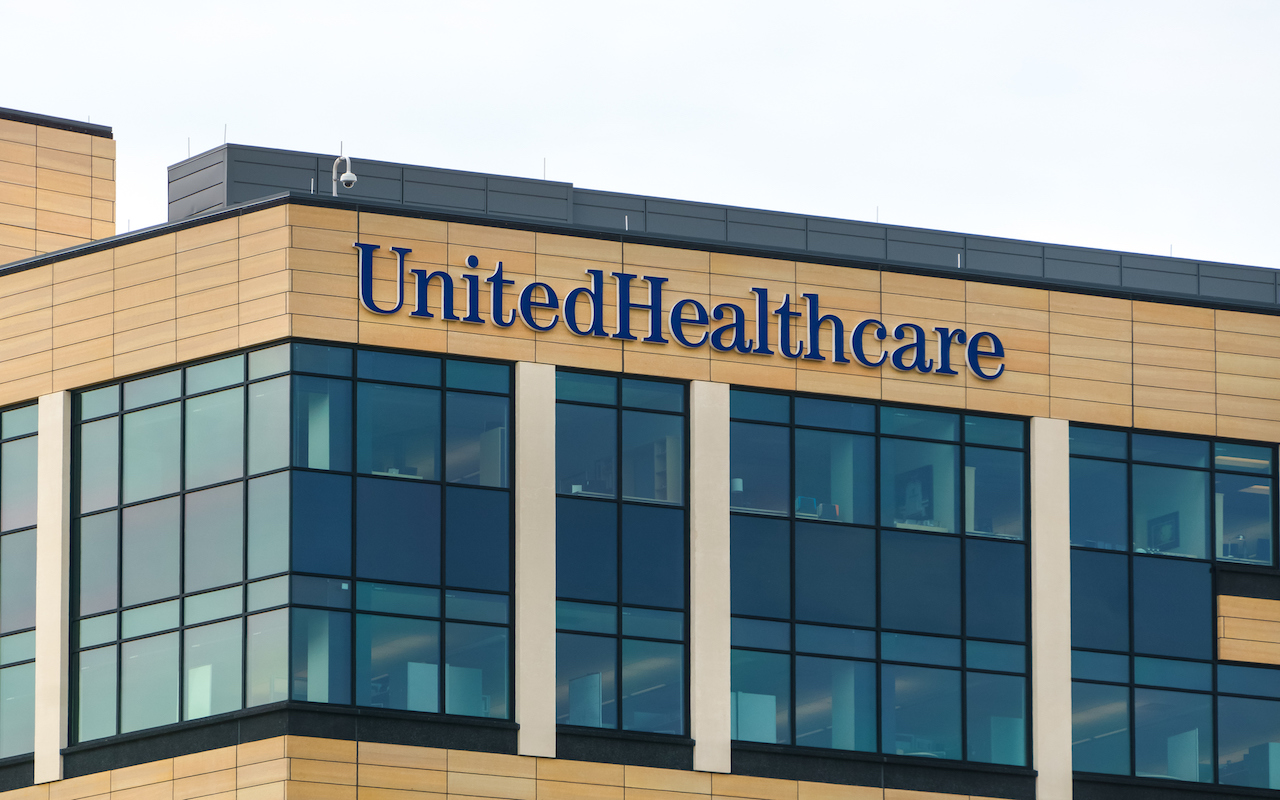
UnitedHealth Group
- Market value: $255.6 billion
- Dividend yield: 1.4%
- Analysts’ opinion: 14 strong buy, 2 buy, 1 hold, 0 sell, 0 strong sell
- UnitedHealth Group (UNH, $265.69) is the nation’s largest health insurer by revenue and market value. It also boasts a whopping five-year annualized dividend growth rate of 27%. But the big reason to like this stock for the long haul is that the company is at the forefront of a seismic industry shift.
“True innovation dramatically changes patient care and outcomes, disrupts the way care is provided and the setting in which it is consumed, and ultimately bends the trajectory of medical cost growth,” note Credit Suisse analysts, who rate UNH at “Outperform.” “Today, we see innovation in health care being driven by services, and we see UNH as the leading driver of that change.”
UNH is leading the charge by integrating the health-care delivery system and directing services to the most appropriate settings, the analysts note, and by aligning incentives between payers and providers, among other endeavors.
Perhaps most importantly, the company is managing to deliver near-term earnings growth even while it invests heavily for the future. Earnings exceeded Wall Street forecasts in the most recent quarter, led by Optum. Optum runs a large pharmacy benefit management business and an expanding roster of clinics and urgent care and surgery centers.
The growing reliance on the kind of services provided by Optum – as opposed to the traditional, less profitable insurance business – makes UNH a good long-term bet.
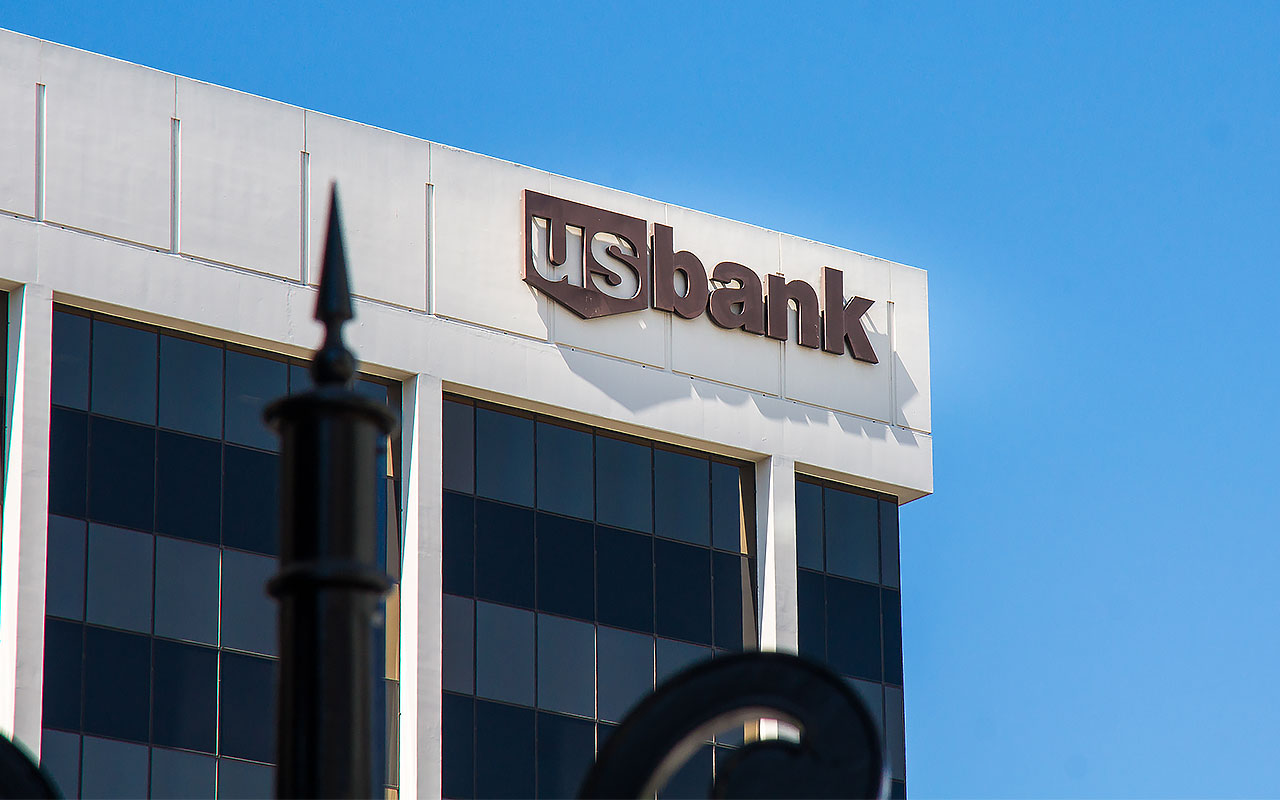
U.S. Bancorp
- Market value: $80.6 billion
- Dividend yield: 3.0%
- Analysts’ opinion: 5 strong buy, 0 buy, 9 hold, 2 sell, 1 strong sell
- U.S. Bancorp (USB, $50.14) is the nation’s fifth-largest bank by assets and its biggest regional bank. And as a major regional bank, it’s a great way to make a bet on the long-term growth of the U.S. economy.
Warren Buffett has never said much about USB, but he’s never been shy about betting in the U.S. economy and he’s a big believer in U.S. Bancorp. The Berkshire Hathaway CEO bought another 9.8 million shares in the bank in the third quarter.
Heck, the Oracle of Omaha likes the firm so much, Berkshire Hathaway is U.S. Bancorp’s biggest shareholder at 7.7% of all shares outstanding, according to S&P Global Market Intelligence.
Analysts at Sandler O’Neill Research say, “USB’s fundamentals remain very strong, but the shares already trade at a deserved premium to peers. As such, we are keeping our ‘Hold’ rating for now.”
Investors might want to wait for a better entry point, but, for what it’s worth, USB’s share price hasn’t been much of a deterrent to Warren Buffett over the past several quarters.

Visa
- Market value: $304.2 billion
- Dividend yield: 0.7%
- Analysts’ opinion: 23 strong buy, 2 buy, 1 hold, 0 sell, 0 strong sell
As the world’s largest payments network, Visa (V, $138.05) is well-positioned to benefit from the growth of cashless transactions and digital mobile payments.
Analysts at Credit Suisse, who rate shares at “Outperform,” say the company continues to believe e-commerce still “has a lot of runway left” in driving payment volume. “Visa is also excited about the prospect of Visa Direct, which allows users to both send and receive money, materially expanding the business well beyond the traditional consumer-to-business model,” CS says.
Analysts polled by Thomson Reuters expect Visa’s profits to increase an average of 16% a year over the next half-decade.
But it’s not just analysts who like Visa stock. It’s a top stock pick of hedge-fund managers too. Even better for investors looking out a decade and beyond, Visa also happens to be one of Warren Buffett’s favorite stocks. Berkshire Hathaway holds 10.6 million shares in Visa, worth roughly $1.4 billion.
Profit and prosper with the best of Kiplinger's advice on investing, taxes, retirement, personal finance and much more. Delivered daily. Enter your email in the box and click Sign Me Up.

Dan Burrows is Kiplinger's senior investing writer, having joined the publication full time in 2016.
A long-time financial journalist, Dan is a veteran of MarketWatch, CBS MoneyWatch, SmartMoney, InvestorPlace, DailyFinance and other tier 1 national publications. He has written for The Wall Street Journal, Bloomberg and Consumer Reports and his stories have appeared in the New York Daily News, the San Jose Mercury News and Investor's Business Daily, among many other outlets. As a senior writer at AOL's DailyFinance, Dan reported market news from the floor of the New York Stock Exchange.
Once upon a time – before his days as a financial reporter and assistant financial editor at legendary fashion trade paper Women's Wear Daily – Dan worked for Spy magazine, scribbled away at Time Inc. and contributed to Maxim magazine back when lad mags were a thing. He's also written for Esquire magazine's Dubious Achievements Awards.
In his current role at Kiplinger, Dan writes about markets and macroeconomics.
Dan holds a bachelor's degree from Oberlin College and a master's degree from Columbia University.
Disclosure: Dan does not trade individual stocks or securities. He is eternally long the U.S equity market, primarily through tax-advantaged accounts.
-
 The New Reality for Entertainment
The New Reality for EntertainmentThe Kiplinger Letter The entertainment industry is shifting as movie and TV companies face fierce competition, fight for attention and cope with artificial intelligence.
-
 Stocks Sink With Alphabet, Bitcoin: Stock Market Today
Stocks Sink With Alphabet, Bitcoin: Stock Market TodayA dismal round of jobs data did little to lift sentiment on Thursday.
-
 Betting on Super Bowl 2026? New IRS Tax Changes Could Cost You
Betting on Super Bowl 2026? New IRS Tax Changes Could Cost YouTaxable Income When Super Bowl LX hype fades, some fans may be surprised to learn that sports betting tax rules have shifted.
-
 What Fed Rate Cuts Mean For Fixed-Income Investors
What Fed Rate Cuts Mean For Fixed-Income InvestorsThe Fed's rate-cutting campaign has the fixed-income market set for an encore of Q4 2024.
-
 The Most Tax-Friendly States for Investing in 2025 (Hint: There Are Two)
The Most Tax-Friendly States for Investing in 2025 (Hint: There Are Two)State Taxes Living in one of these places could lower your 2025 investment taxes — especially if you invest in real estate.
-
 The Final Countdown for Retirees with Investment Income
The Final Countdown for Retirees with Investment IncomeRetirement Tax Don’t assume Social Security withholding is enough. Some retirement income may require a quarterly estimated tax payment by the September 15 deadline.
-
 The 24 Cheapest Places To Retire in the US
The 24 Cheapest Places To Retire in the USWhen you're trying to balance a fixed income with an enjoyable retirement, the cost of living is a crucial factor to consider. Is your city the best?
-
 Dividends Are in a Rut
Dividends Are in a RutDividends may be going through a rough patch, but income investors should exercise patience.
-
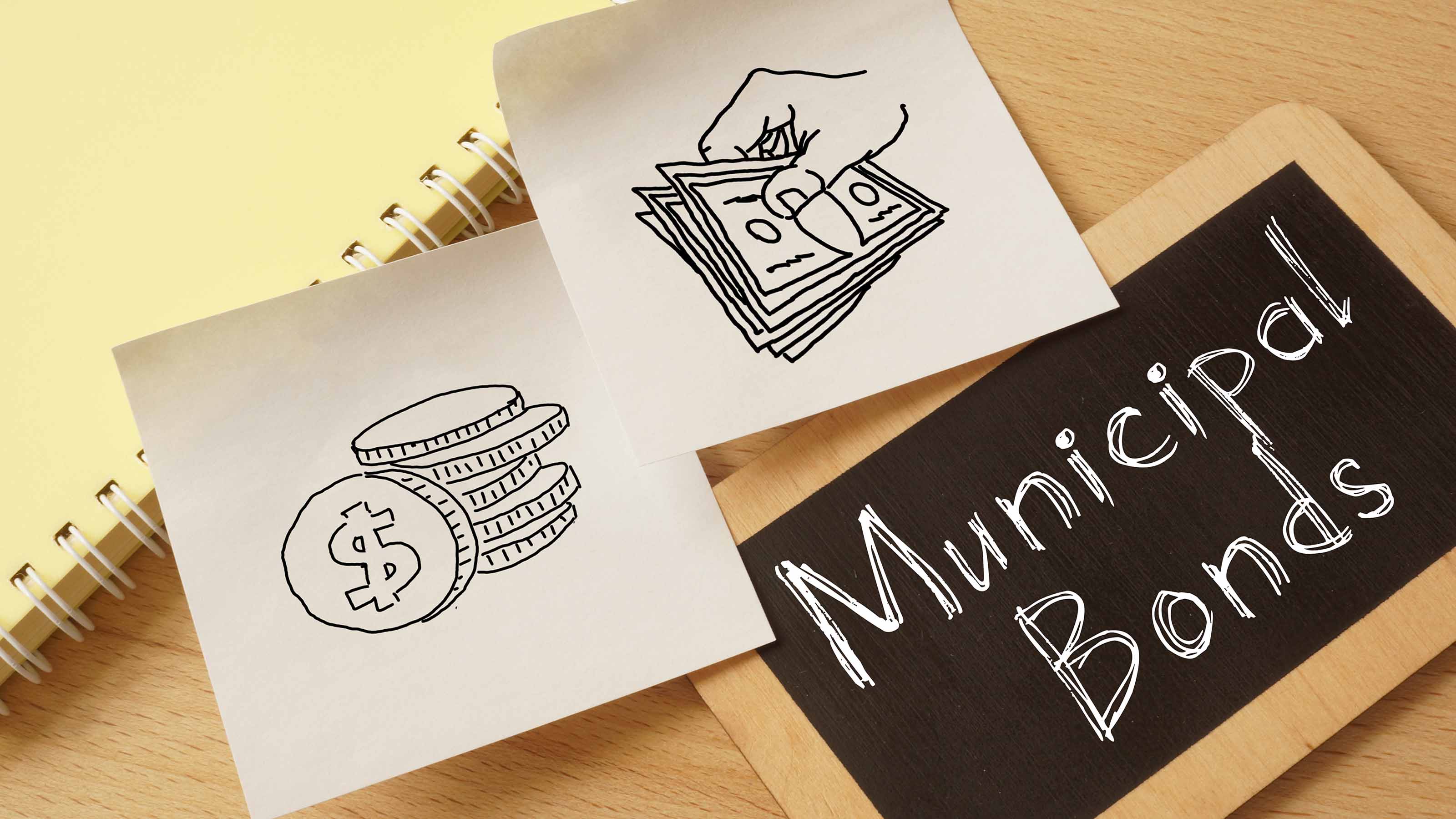 Municipal Bonds Stand Firm
Municipal Bonds Stand FirmIf you have the cash to invest, municipal bonds are a worthy alternative to CDs or Treasuries – even as they stare down credit-market Armageddon.
-
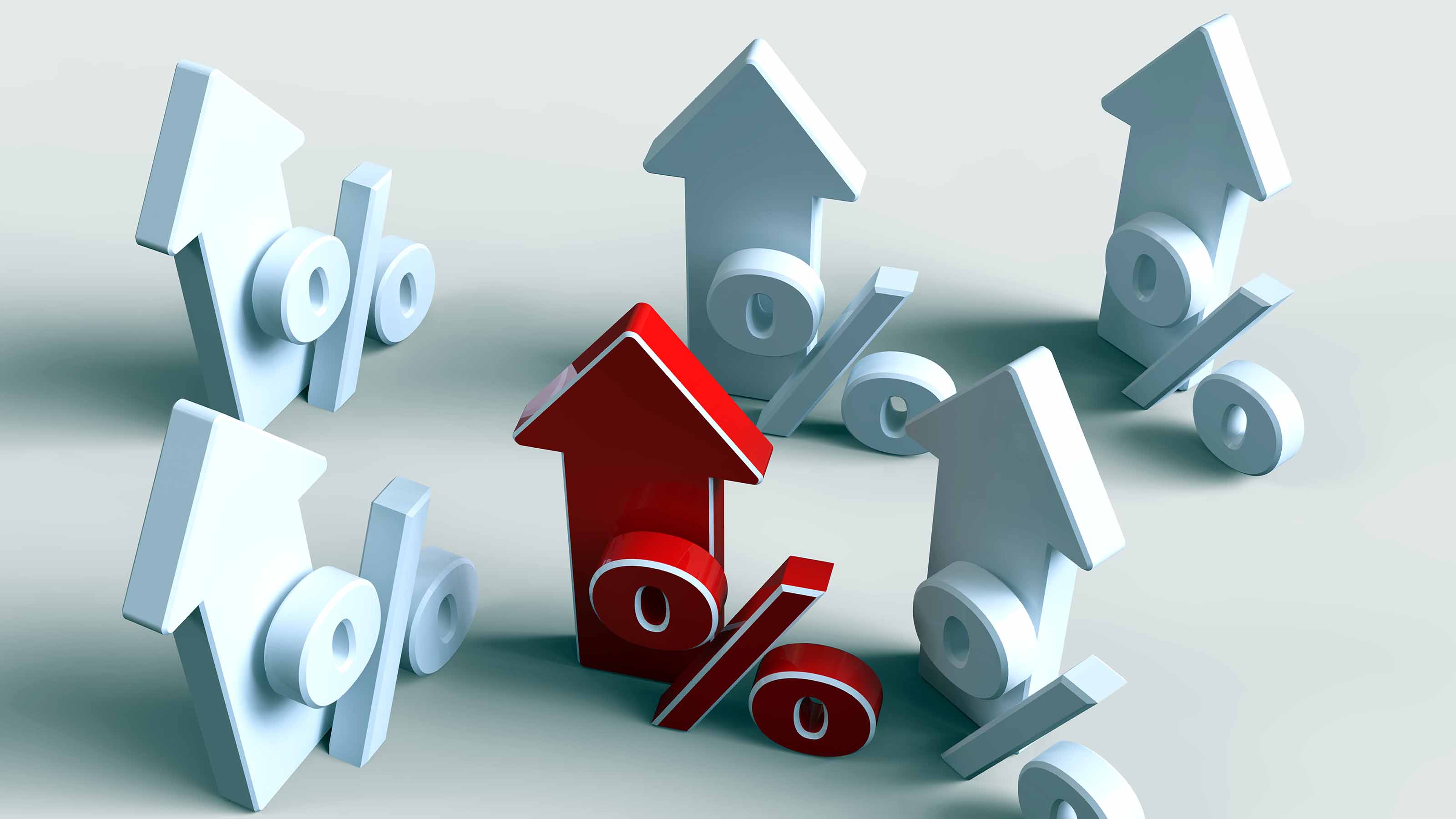 High Yields From High-Rate Lenders
High Yields From High-Rate LendersInvestors seeking out high yields can find them in high-rate lenders, non-bank lenders and a few financial REITs.
-
 Time to Consider Foreign Bonds
Time to Consider Foreign BondsIn 2023, foreign bonds deserve a place on the fringes of a total-return-oriented fixed-income portfolio.
